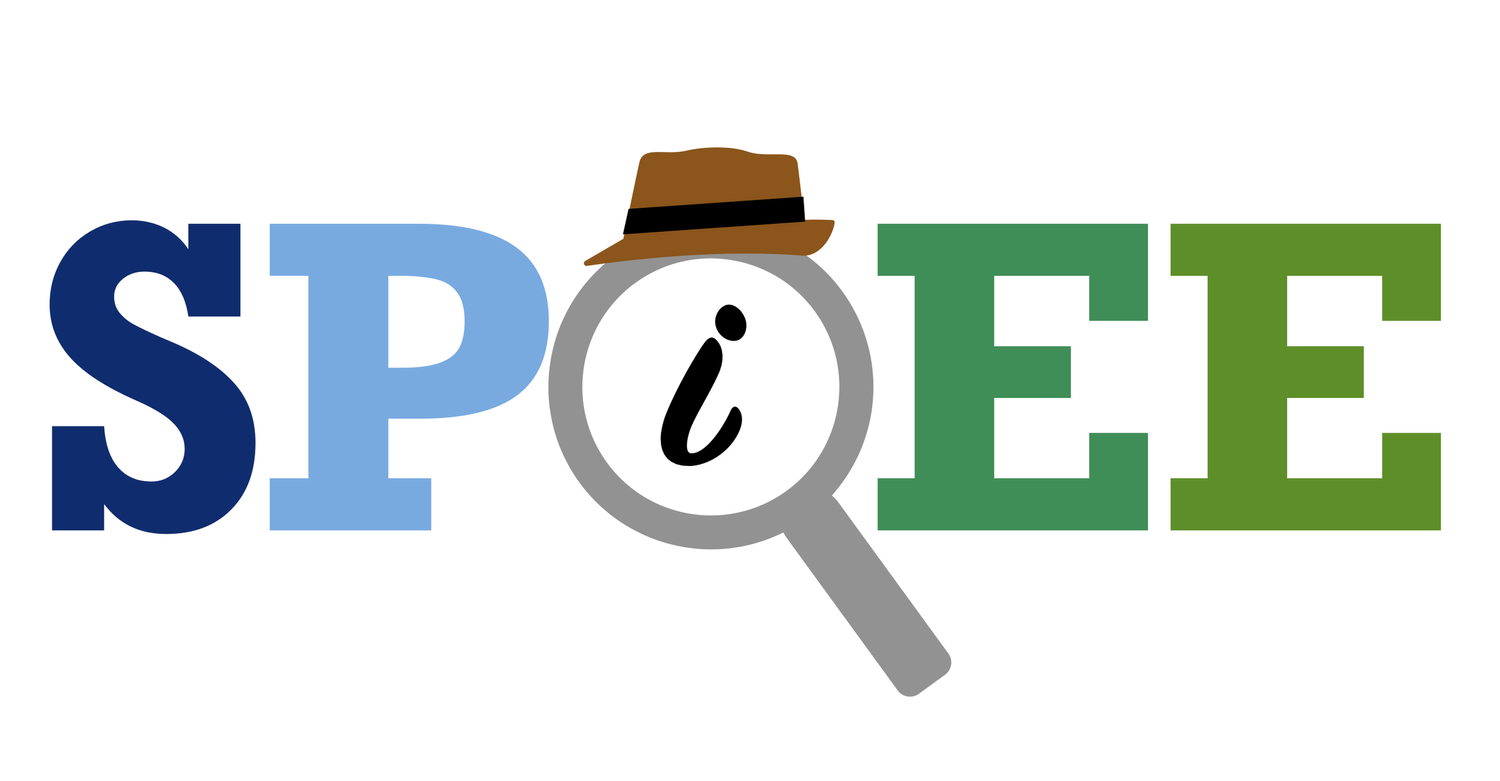Founder & Director of the Social Psychology in Education & the Environment (SPiEE) Lab
Meet Hunter Gehlbach
My earliest and most enduring research efforts have revolved around improving the social side of schools—perhaps because, during my days as a social studies teacher, I was so much more interested in the adolescents I taught than the content that I taught them.
I view enhancing the social climate of schools and classrooms as one of three essential pillars (along with motivation and self-regulation) in helping students thrive at school.
Because social relationships represent a foundational need for everyone, much of my work has focused on improving teacher-student relationships. In several studies, I have tried to improve these relationships through similarity—showing students and teachers how they might have more common ground than they realized.
My other main approach focuses on social perspective taking—our capacity to discern the thoughts, feelings and motivations of others (including the cognitive biases that undermine this capacity)—as a means to improving the social connections between teachers and students.
As I pursued these substantive interests, I found myself particularly intrigued by challenges around how we might measure abstract concepts like:
teacher-student relationships
students’ social perspective taking capacity
youth’s attitudes towards the environment
Thanks to great groups of Harvard students who took my survey design course and worked on scale development projects with me over many years, I think we now have a pretty good process for designing survey scales. Having applied this process to the development of a host of different measures, I’ve spent much of my time recently using these measures to help schools accurately take the pulse of how their students and teachers are doing. (See especially my work on assessing social-emotional learning with Panorama Education.)
Currently, I am exploring how surveys might be used as interventions to actually improve the school experiences of educators and students. Moving forward, I expect to be applying these interests to important topics in environmental education.
Finally, as the threat of climate change increasingly imperils the future of all our youth, I have become increasingly optimistic about the potential for social psychological interventions to address a number of these challenges.
In 2016, I was fortunate enough to receive a Midcareer Fellowship from the Spencer Foundation. This amazing opportunity allowed me to spend a year immersing myself in all things environmental. I have learned about everything from the processes underlying climate change to how storytelling techniques might help more people resonate with the issue of sustainability. I’m continuing to explore how our biases and social-cognitions might be used to change people’s attitudes towards environmental issues.
Typically, members of the SPiEE lab have interests that overlap with one or more of these core interests (the social side of school, survey design, and/or environmental education). Many also share an appreciation of field experiments as a particularly compelling methodological approach. However, they also have unique scholarly interests. The overlap (or “optimal misfit”) between the core interests of the group and the unique interests of its individuals is what I appreciate most about our vibrant (and growing) team!
Meet the SPiEE Team
For prospective students:
My hope is that this website answers many of the questions prospective students might have about working with me. That said, I am happy to have prospective students reach out to contact me. Students should also feel free to reach out to any of the current or former students working with me -- in many ways that may be a better way to learn about life as a student at JHU.





